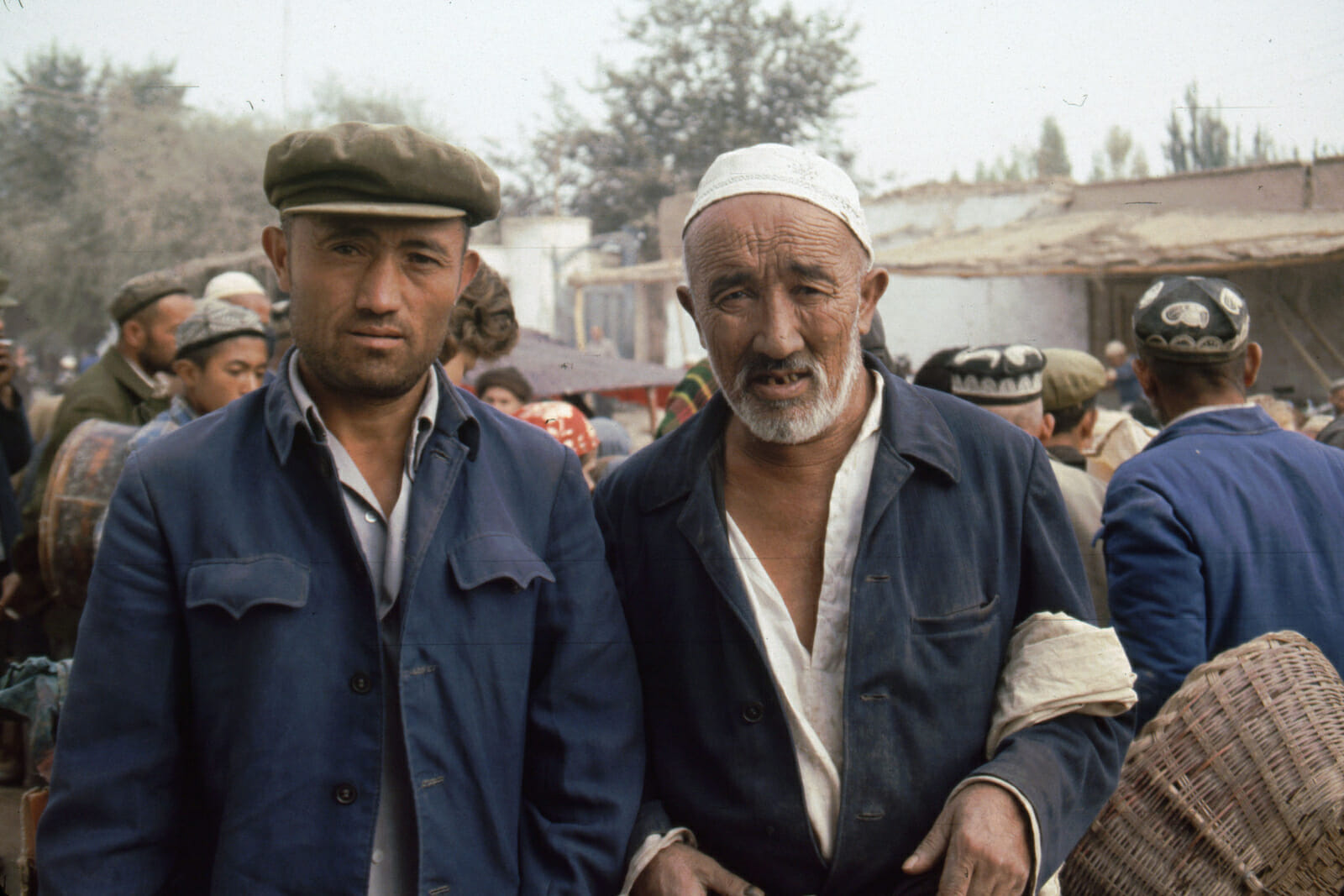
Turning a Blind Eye to China’s Suppression of Uyghur Muslims
It is an open secret that the Chinese government is carrying out a “systematic campaign” of abuses, arbitrary detention and torture against Turkic Muslims (primarily ethnic Uyghurs and Kazakhs) living in the country’s western Xinjiang Province under the pretence of eradicating ideological viruses for the purpose of cultural integration and counter-terrorism. About 13 million ethnic Muslims have been subjected to “forced political indoctrination, collective punishment, restrictions on movement and communications, heightened religious restrictions, and mass surveillance in violation of international human rights law.”
China’s diplomatic stand on terrorism has indeed been a paradox. On the one hand, Chinese authorities launched an anti-terror campaign in 2014 called “Strike Hard Campaign against Violent Extremism” subjecting Uyghurs to rampant abuses, and on the other hand, China was vetoing a UN Security Council declaration to designate Masood Azhar, Chief of Pakistan based Jaish-e-Mohammed, as a “global terrorist.” China has an infamous history of repressive policies against Turkic Muslims in the Xinjiang Uyghur Autonomous Region (XUAR) in northwest China. But the momentum and vigour escalated since late 2016 when Communist Party Secretary Chen Quanguo was relocated from the Tibet Autonomous Region to take up leadership of Xinjiang.
In the camps, the Uyghurs are reportedly forced to learn Mandarin Chinese, embrace Communist ideology, denounce religious beliefs and are subjected to rampant abuses violating their fundamental rights to freedom of expression, privacy, and protection from torture and unfair trials. The Chinese government has given no public information on the number of detainees and has completely denied that abuses are occurring, instead, they characterize these camps as “vocational education and employment training centres” for “criminals involved in minor offences.” They permit no independent monitoring of these facilities from the UN, human rights organizations, NGOs or the media. It is also noteworthy to dissect the geopolitics and economics behind the Uyghur persecution. This region is a relatively unexplored area with rich natural resources like oil and coal. It is also the centre of the Belt and Road Initiative, which is considered as the door to China’s global dominance. The ascendancy over the ethnic demography of the region will undoubtedly help China to facilitate infrastructure projects.
China is one of the most powerful global players in the world with its economic influence and military power. Many countries are dependent on China’s trade policies. China has diplomatically used this economic influence to prevent various countries from raising the issue of persecution of Uyghurs at a global level. A few months ago, Saudi Arabia’s Crown Prince Mohammed bin Salman, read out a scripted statement on Chinese state television, “China has the right to carry out anti-terrorism and de-extremization work for its national security.” Numerous other Muslim leaders who are effervescent advocates of unconditional solidarity with the oppressed Muslim fraternity across the globe have been silent spectators and mute rubbernecks on this issue.
Pakistan Prime Minister Imran Khan who denounced the “hypocrisy” of the international community in failing to protect the rights of Rohingya Muslims and lambasted human rights violations against Muslim Kashmiris, is in a shush when it comes to Uyghurs. When asked about Uyghur Muslims, Khan said, “Frankly, I don’t know much about that,” claiming that the issue was “not so much in the papers.” A failure to acknowledge this persecution actually puts the morality of human rights in an imbroglio. Major economies have remained silent because of the lucrative trade deals and their economic interests. In the case of Pakistan, the China-Pakistan Economic Corridor (CPEC) along the Arabian Sea, is a heavy investment project valued at $60 billion. The Middle East cannot afford to disintegrate from Chinese trade.
Economies may crawl when asked to bend, they may prefer trade and political interest over human rights, but this development will be nihilistic if the fundamental rights of society are left unprotected. In today’s world, governance is not limited to state actions. The global diaspora is equally a stakeholder in maintaining peace and harmony. The responsibility is on international organisations and human rights societies to come together and defy hegemony.

